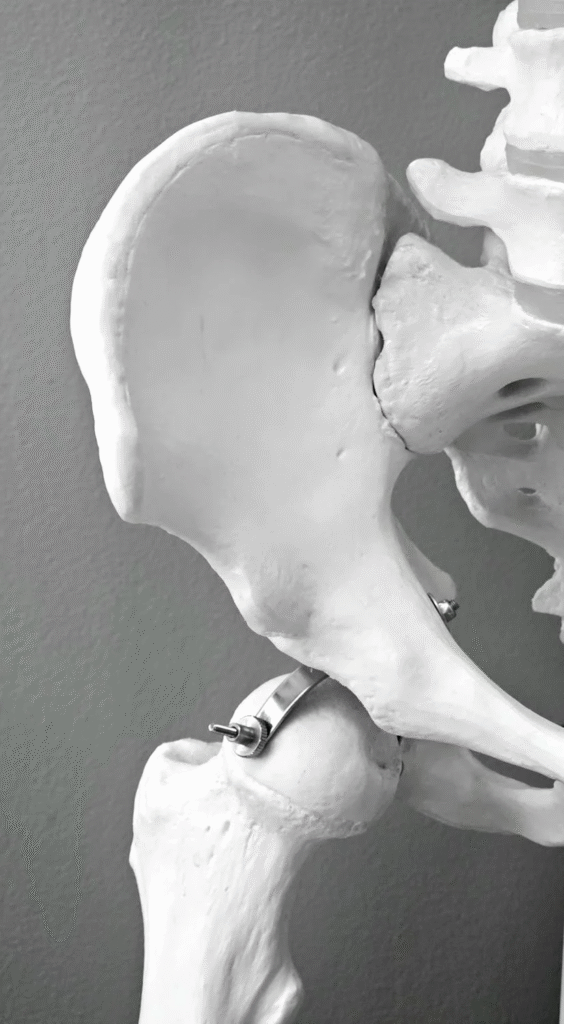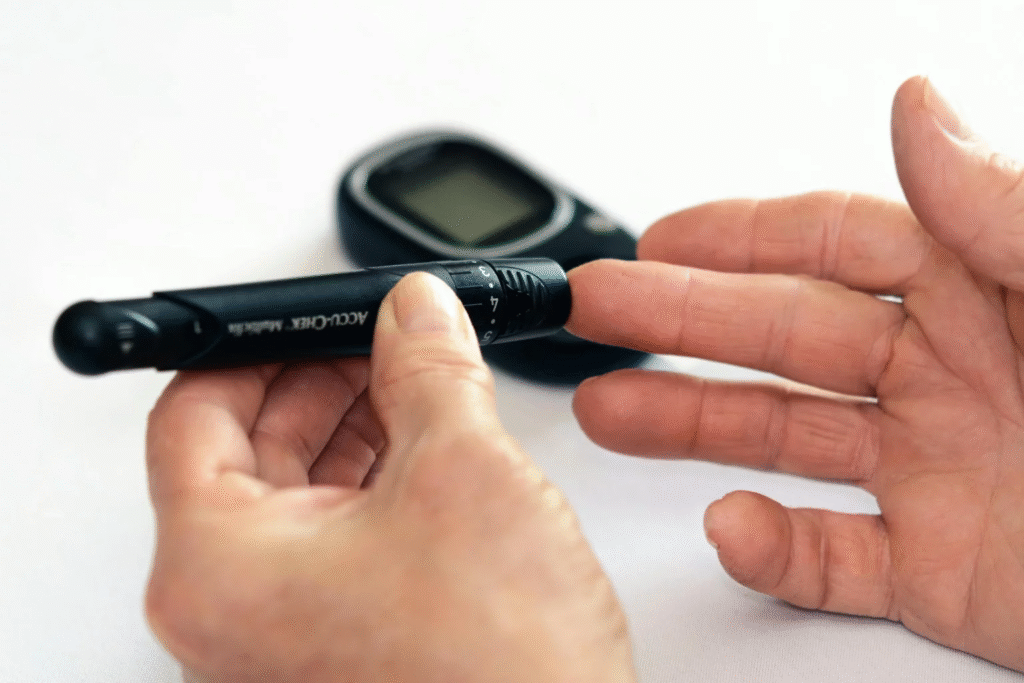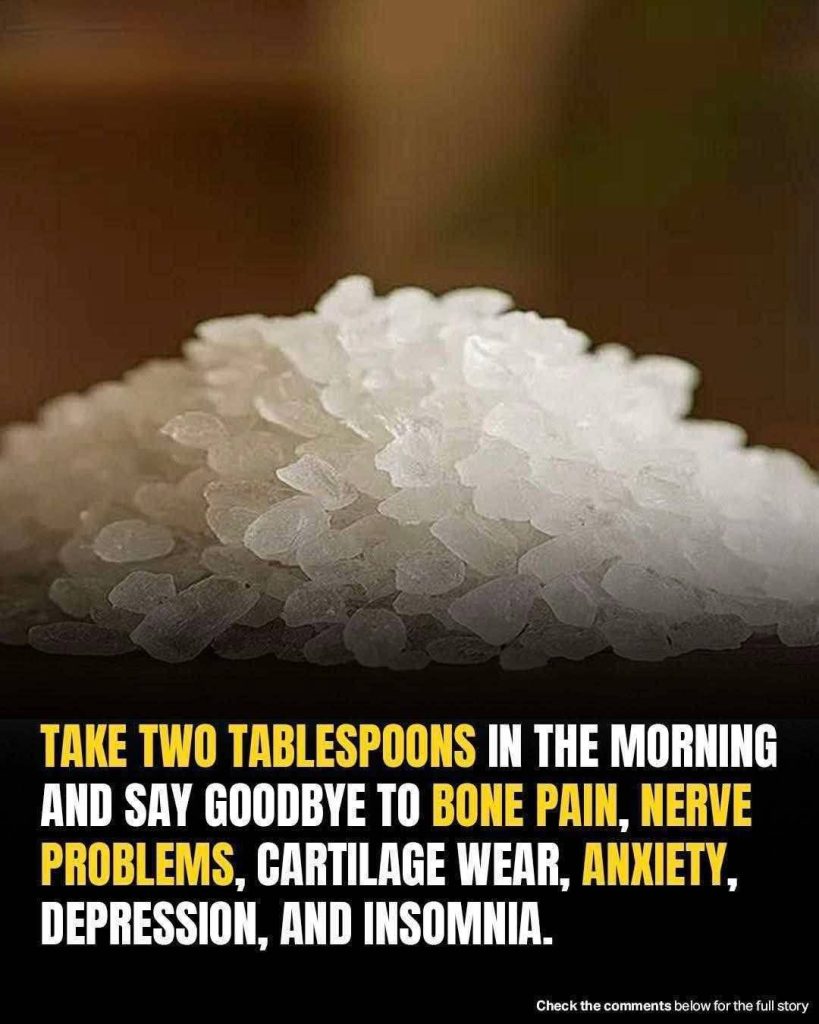Often called “the mineral of the moment,” magnesium offers a wide range of health benefits that many people might not fully realize.
Magnesium is an essential mineral for maintaining healthy bone structure in the body. Most individuals obtain sufficient magnesium through a balanced diet that includes magnesium-rich foods. A helpful way to remember good sources of magnesium is to think of fiber-rich foods.
WebMD lists dietary sources of magnesium as legumes, whole grains, vegetables—particularly broccoli, squash, and leafy greens—seeds, and nuts, especially almonds. Other sources include dairy products, meats, chocolate, and coffee.
This vital mineral plays a role in over 300 enzymatic reactions in the body and supports a well-functioning immune system, muscles, and nerves. Magnesium is known to assist in managing diabetes, easing bone pain, reducing anxiety, and relieving constipation.
1.Osteoporosis: Causes, Symptoms, and Pain Relief

Magnesium plays a key role in regulating calcium levels in the body, which is essential for maintaining strong and healthy bones. A deficiency in magnesium can lead to decreased bone density and a higher risk of fractures.
How to supplement magnesium for bone health:
- Choose forms like magnesium glycinate or magnesium citrate for better absorption.
- The recommended daily intake for adults is 300–400 mg, ideally taken alongside Vitamin D and calcium for optimal effect.
- Include magnesium-rich foods in your diet such as seeds (sunflower, pumpkin), nuts (almonds, cashews), and leafy greens (spinach, Swiss chard).
2.Living Well with Diabetes: Blood Sugar Insights

Several studies have found a connection between low magnesium levels and a higher risk of developing Type 2 diabetes.
How to use magnesium for this condition:
- Magnesium taurate or magnesium chloride are preferred forms, as taurine also supports insulin regulation.
- The recommended daily dose is 250–350 mg, preferably taken after meals to help minimize blood sugar spikes.
- Incorporate magnesium-rich foods such as dark chocolate, beans (like black beans and lentils), and whole grains (such as quinoa and brown rice) into your diet.
3.Finding Relief from Depression and Anxiety

Magnesium plays a vital role in regulating neurotransmitters such as serotonin and GABA, which are essential for maintaining mood and mental health. Some studies suggest that a deficiency in magnesium can increase stress levels and contribute to clinical depression.
How to take magnesium for depression and anxiety:
- Choose magnesium threonate for its effectiveness in supporting brain health.
- The recommended daily dose ranges from 200 to 400 mg to help alleviate symptoms of depression and anxiety.
4.Tips for Better Digestion and Constipation Relief

Magnesium can help relieve constipation by drawing water into the intestines, which softens the stool and makes it easier to pass. It also relaxes the muscles in the digestive tract, promoting smoother bowel movements.
How to use magnesium for digestive health:
- Magnesium citrate or magnesium oxide are effective options for digestive issues.
- A typical dose is 400–500 mg taken at night.
- Avoid using magnesium laxatives for more than a few consecutive days unless advised by your doctor.
- Stay well-hydrated by drinking plenty of water.
Signs of magnesium deficiency may include:
- Loss of appetite
- Nausea or vomiting
- Fatigue or weakness
- Muscle cramps
- Numbness
- Seizures
- Irregular heart rhythms or spasms
Important: People with kidney problems should avoid taking magnesium supplements.
Disclaimer: This information is intended for educational purposes only and should not replace professional medical advice, diagnosis, or treatment. Always consult your healthcare provider with any questions regarding your health or medications. Do not disregard professional advice based on this information.


